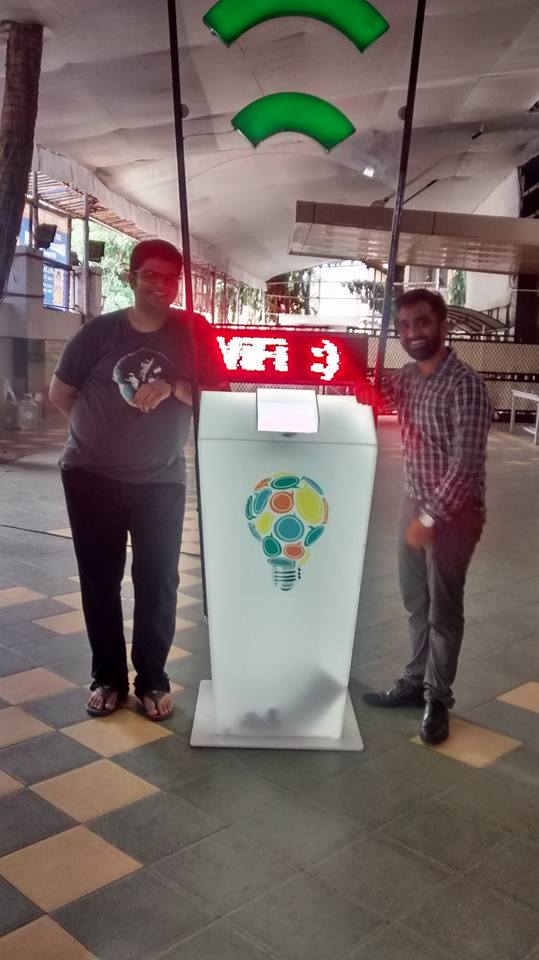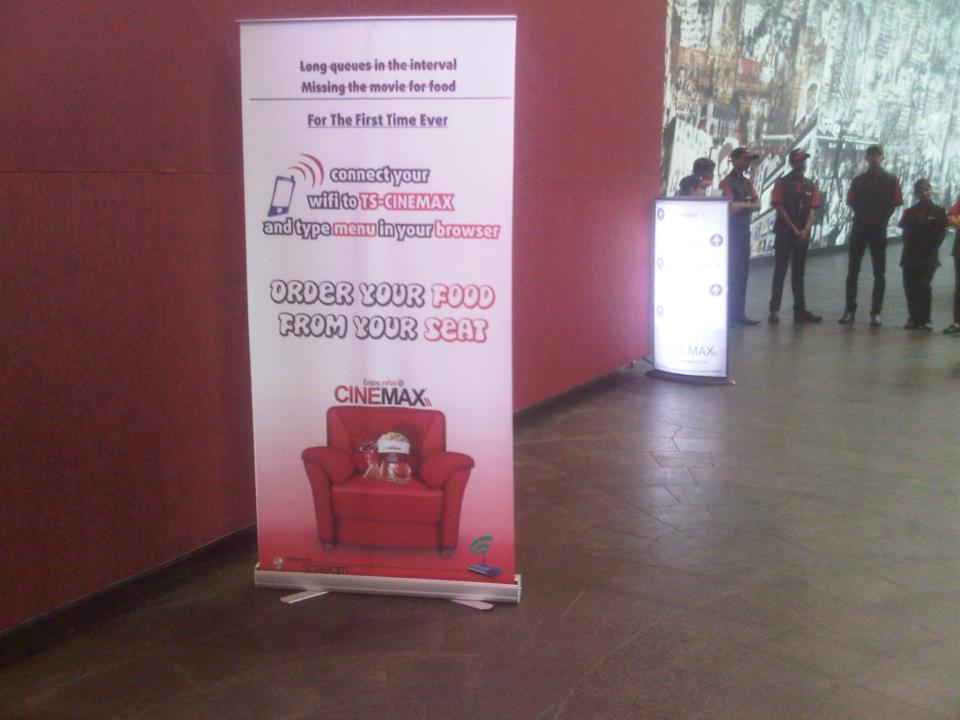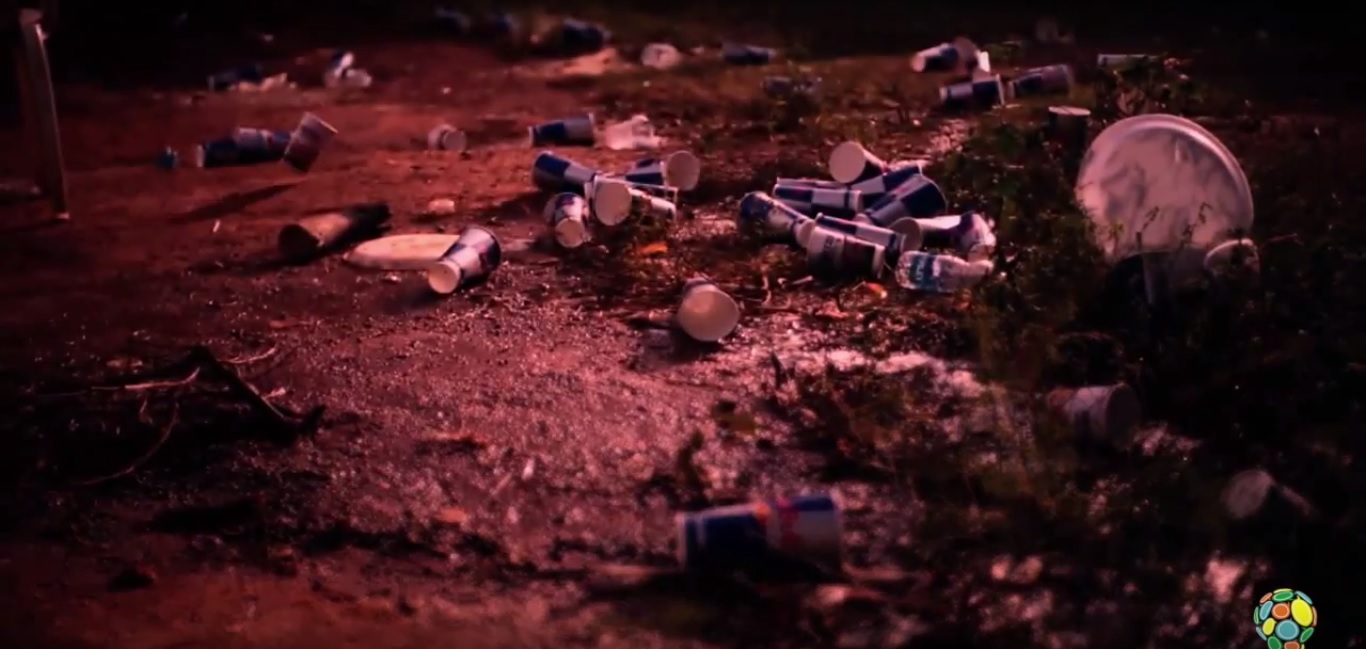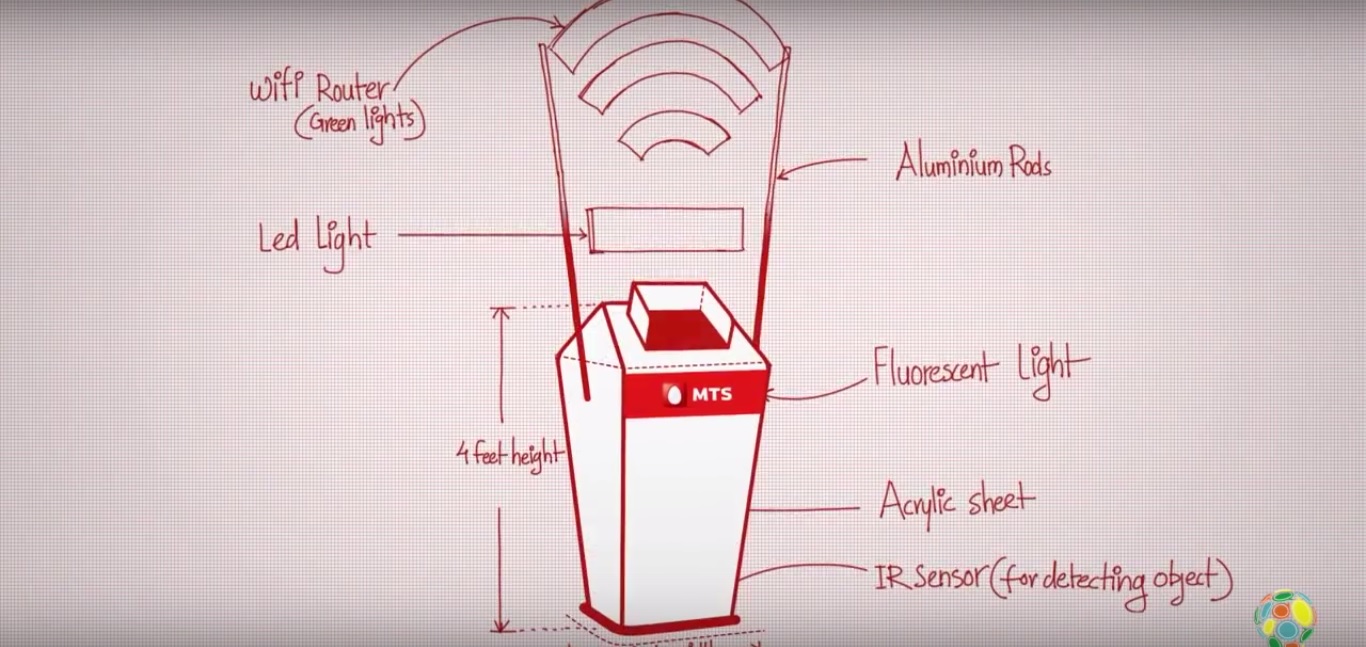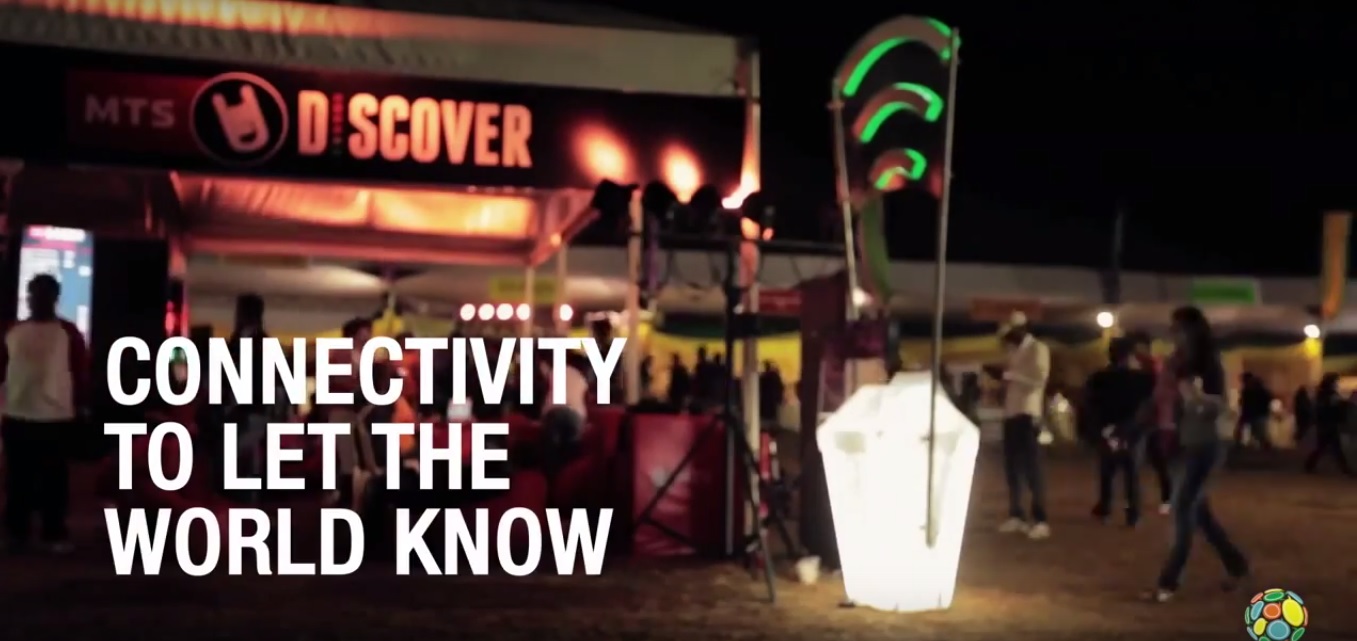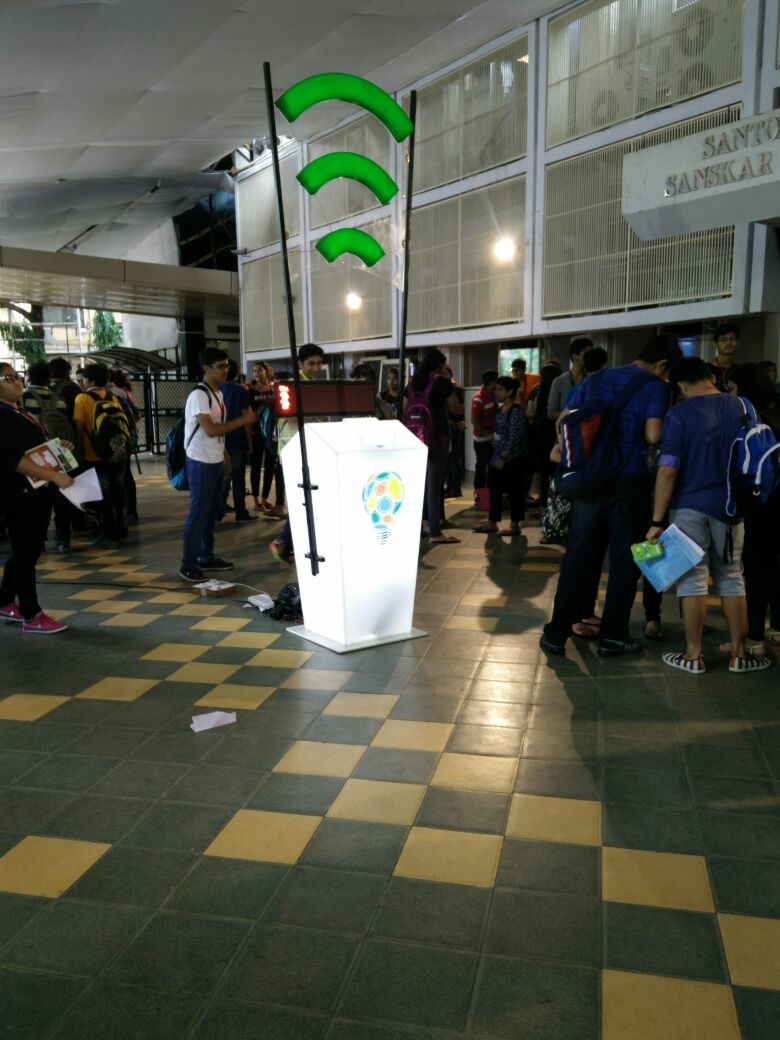What Can You Get in Return for Throwing Garbage? Free WiFi!
Throw garbage in a bin and get free WiFi in return? Sounds like fiction? This duo from Mumbai has made it possible with its unique innovation called the ‘WiFi Trash Bin.’ This is how it works.
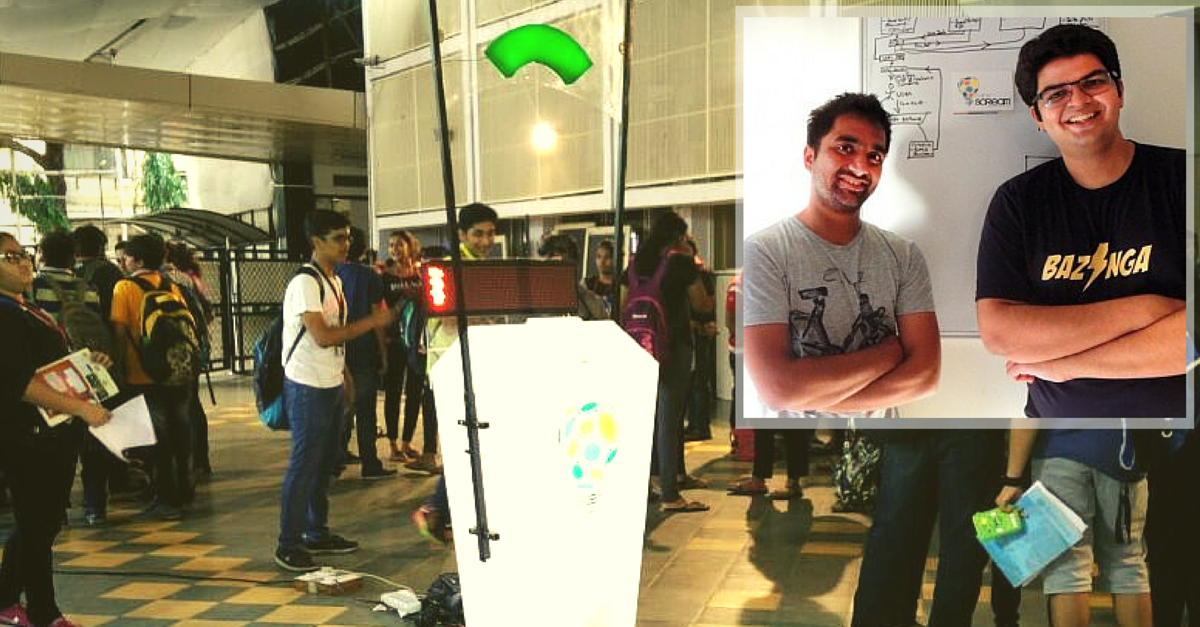
Throw garbage in a bin and get free WiFi in return? Sounds unreal? This duo from Mumbai has made it possible with its unique innovation called the ‘WiFi Trash Bin.’ This is how it works.
“If you think about it, keeping the country clean is a very thankless job…nobody comes and pats you on the back for throwing garbage in the dustbin. But we can at least acknowledge the efforts that people are making towards a cleaner nation.”
– Raj Desai, a technology buff from Mumbai.
Raj, along with his friend Pratik Agarwal, has come up with a perfect way to appreciate those who try and keep their surroundings clean – a brilliantly innovative and amazing technology – the WiFi Trash Bin.
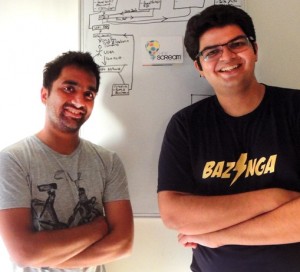
The founders decided that if it can’t be a pat on the back they can definitely give out something else, something that will not only be useful but will also act as a strong incentive for people to throw garbage where it should be thrown. Thus, they came up with the idea of a specially designed dustbin which gives free WiFi to people who use it.
“When you throw trash in the dustbin, an access code will be generated on the LED display in front of the bin. You can then use that access code to connect to the WiFi network of the dustbin,” explains Raj.
The router for the connection is a part of the dustbin’s design.
25-year-old Raj and Pratik started their own organization called ThinkScream in 2011, with the aim of providing new age technology solutions. B.Com graduates from Narsee Monjee College of Commerce and Economics, Mumbai, both Raj and Pratik come from non-tech backgrounds. They had to learn the different concepts of development and programming and other technological concepts on their own.
They began by setting up WiFi networks for places like multiplexes, retails shops, music festivals, and events like trade shows. And for all these places, they developed some unique products.
For example, the WiFi networks that they set up in multiplexes are such that when a person is logged into the network, he/she can order food from providers inside the multiplex without having to leave the seat during the movie, and without the need to download any special app. All the person needs to do is to log into the network and use the custom-designed website to order food.
“The idea behind ThinkScream was to solve some problems and make this world a little bit better. We started by solving simple problems, such as food ordering in cinemas, and then graduated to the issue of connectivity at high crowd density gatherings,” says Raj.
In 2013, they were setting up a network at a music festival for the first time. It was the NH7 Weekender, which is the biggest festival for independent music in the country. “We wanted to do something crazy at the festival, something beyond the vanilla WiFi,” says Raj. So they started exploring the kind of problems faced at these festivals.
One major issue they found was that amidst the music, food, drinks, and all the fun, not many people were concerned about cleanliness. At the end of it all, the entire place was left looking like a large garbage dump.
This gave them the idea of incentivising garbage disposal for people whose sole purpose for attending the festival was to have a good time.
What was the one thing they were not getting there? A free and fast WiFi connection. Combine the two things, and voila! – you have a dustbin that generates WiFi codes when you throw in garbage!
For this project, they partnered with two organizations — MTS (sponsors) and Brandmovers (activation agency).
“We were there during the installation of the device and we saw people standing in a queue to use it. We had never seen people forming a queue for a dustbin before,” says an exultant Raj.
After that, they set up the dustbins in different venues of the festival — Kolkata, Delhi and Bangalore.
This video shows how the Free WiFi Trash Bin was used to keep the NH7 Weekender clean.
“The dustbin uses multiple technologies. The first is the WiFi technology which we have to optimise to make sure that all the generated codes work properly. The second is the technology used for motion sensing and figuring out how the trash comes in and its movement. And the third is the entire bridge between the motion sensor and the WiFi network to ensure that they connect at the right time. So it is a mix of hardware and software technologies,” explains Raj.
The WiFi network can be designed as desired. So the range can vary from a few metres to an entire campus or office. The dustbin either uses the connection set up by ThinkScream or a connection from a nearby location, which is done with the help of their servers.
One device costs between Rs. 50,000 and 1 lakh in development. The development of the dustbins is usually done in partnership with different organizations.
Other than the trash bin, the duo is also thinking of various ways in which technology can be used to change behaviour.
“We are expanding the entire concept of design thinking. We want to start taking design to multiple levels. So, in places where WiFi will not be as useful, it could be something as simple as the dustbin saying thank you, or smiling at you when you throw garbage. The idea is to acknowledge the efforts of people with basic incentives which need not be monetary or materialistic,” explains Raj, who believes that it is easier to incentivise people than to penalise and demoralise them.
As of now, the two have set up the waste bin at about eight to ten places, which include some events like a business conference and a pharmaceutical event.
They are now targeting corporate offices, residential societies, shopping complexes, etc., and are looking for large-scale projects. In the future, they also plan to expand and set up the dustbins on the streets.
You can contact Raj by writing to him at [email protected].
Like this story? Or have something to share? Write to us: [email protected], or connect with us on Facebook and Twitter (@thebetterindia).
If you found our stories insightful, informative, or even just enjoyable, we invite you to consider making a voluntary payment to support the work we do at The Better India. Your contribution helps us continue producing quality content that educates, inspires, and drives positive change.
Choose one of the payment options below for your contribution-
By paying for the stories you value, you directly contribute to sustaining our efforts focused on making a difference in the world. Together, let’s ensure that impactful stories continue to be told and shared, enriching lives and communities alike.
Thank you for your support. Here are some frequently asked questions you might find helpful to know why you are contributing?


This story made me
-
97
-
121
-
89
-
167



